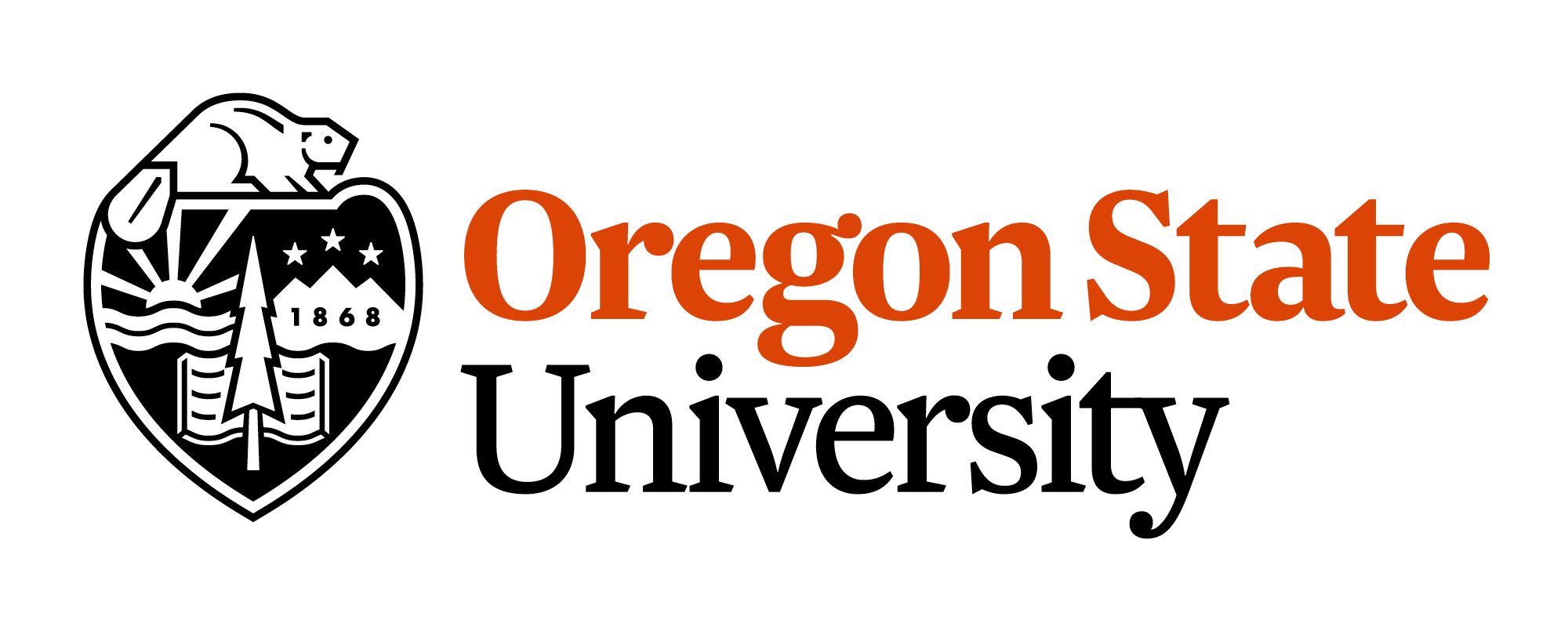This webinar has already occurred and may be available via the Copes Hub.
CoPes Hub- Islanding: Connecting after Cascadia
This Webinar is part of the Cascadia CoPes Hub Seminar Series:
A rupture of the Cascadia Subduction Zone will cause significant damage to built infrastructure systems, including the interconnected transportation, communication, power, health, and economic networks on which coastal communities rely. The short- and long-term impacts on each community will vary depending on the post-event functionality of these networks but also on the extent to which each community relies on these networks. Coastal communities are particularly concerned with potential “islanding,” in which communities become cut off from the rest of the state and from each other. This seminar will discuss how the CoPes research and will (1) deepen our understanding of how earthquakes affect the functionality of transportation networks, (2) how post-event connectivity can be modeled and quantified at multiple scales, (3) explore how short-term response and long-term recovery can be modeled, and (4) expand the range of hazards and social impacts that we will consider.
Bios:
Dr. Dan Cox is a professor of Civil and Construction Engineering at Oregon State University. He received his PhD (1995), MS (1989) and BS (1987) at the University of Delaware. Dr. Cox’s research focuses on community resilience to coastal hazards, including tsunami and hurricane surge and waves inundation in the built and natural environments. He conducts research on tsunami and wave impacts on near-coast structures, tsunami evacuation and life safety, sediment transport and erosion, and nature-based solutions for coastal hazards mitigation.
Dr. Marc Eberhard is a Professor of Civil and Environmental Engineering at the University of Washington. He received his BS degrees in Civil Engineering and Materials Science and Engineering from the University of California, Berkeley in 1985. He received his MSCE (1987) and PhD (1989) in Civil Engineering from the University of Illinois at Urbana-Champaign. His research focuses on the seismic performance and rapid construction of reinforced concrete and prestressed concrete bridges. Professor Eberhard is the director of the UW Structural Engineering Testing Laboratory, and he serves on the Seismic Safety Subcommittee for the State of Washington and on the Seismic Advisory Board for the California Department of Transportation.
Amina Meselhe is a PhD student in Coastal & Ocean Engineering in the School of Civil and Construction Engineering at Oregon State University. She integrates multidisciplinary collaborations and human-centered approaches to community resilience with this engineering background. Her work in the Hub is related to multi-scale damage and recovery modeling of infrastructure systems following the Cascadia Subduction Zone earthquake and tsunami.
Dr. Joseph Louis is an Associate Professor in the School of Civil and Construction Engineering and Oregon State University and his research interests lie at the intersection of simulation, visualization, and automation within the context of built environment operations such as those in disaster recovery, modular construction, and heavy civil construction. He leverages a variety of analytical tools such as discrete event simulation, geographic information systems, artificial intelligence, and optimization in conjunction with emerging technologies such as virtual and augmented reality, and the internet of things to enable new modalities for analyzing, monitoring, and controlling operations. As part of the NSF Coastlines and People project, Joseph and his research group are studying the impact of earthquake-triggered landslides on the mobility of affected communities along the Oregon coast.
